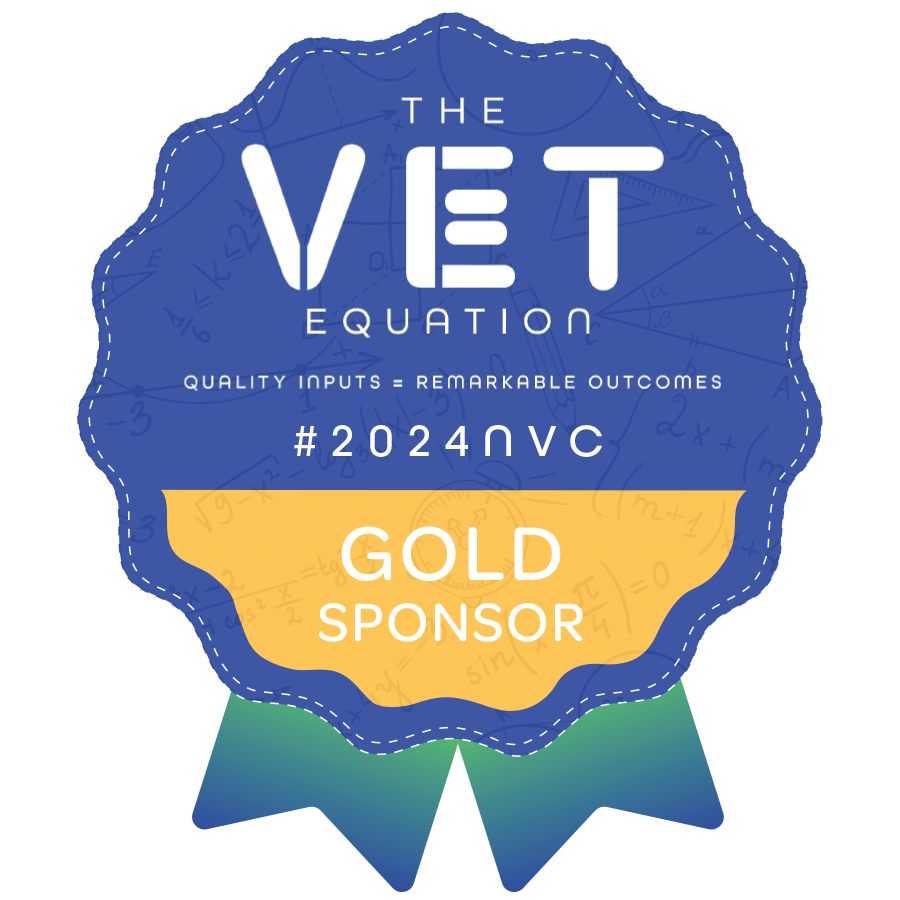Categories
How can we reform Training Packages?
by Sally Tansley, Thought Leader at RTO Works
In my last article on social media, I spoke about the flaws in the VET Training Package system. Many of us who work in the RTO training resources sector can see the problems. However, I wanted to actually put forward ideas on how I think broader Training Package reform can be approached.





What’s wrong with our Training Package system?
I feel that one of the primary issues with our current Training Packages lies in units of competency (UOC). Too often, UOCs are impractical because of their focus on specifying and applying knowledge or skills “to the standard of performance expected in the workplace”. This necessitates learning and assessment that focuses on workplace tasks. By assessing students against criteria they will only realistically achieve once they have been at work for some time, I believe we aren’t equipping them with the general skills needed to succeed when they first start work. This also presents problems for students who aren’t working – who must then get practise in simulated environments. How can we properly assess them against workplace-based criteria?A new training and assessment method
I’d like to see bodies like the Australian Industry Skills Commission and Skills Services Organisations take inspiration from overseas approaches. The United Kingdom’s Awards for Training and Higher Education (ATHE) is an excellent example. Their vocationally orientated and international recognised qualifications cover a range of areas – including business, management, law, computing and health. If we were to compare our unit CHCMHS005 (which I discussed in my last LinkedIn article) to similar material in the UK’s Level 4 Diploma in Management for Health and Social Care, the differences are clear.
Flexibility for assessment developers – specificity for assessment
The criteria in each unit of the Level 4 Diploma focuses on assessment, with the ATHE giving freedom to resource developers to design their training in a way that ensures students can actually meet that criteria. This means that the requirements for assessment are clearly defined – not open to interpretation, like they are in UOC. The assessment criteria listed for ATHE also uses terms like “define”, “explain”, “describe”, “review”, “develop” and “evaluate” and sets out very specific requirements. For example, requiring a student to “develop an action plan for organisational improvements in safeguarding vulnerable adults”. This gives a very clear expectation about what the assessment must do. This leads to assessments that are realistic for a student to achieve.General skills focused – not workplace focused
Rather than focusing only on specific users – like people with mental health and alcohol or other disorders – ATHE prioritises general units that could cover all aspects of caring for community services clients. One example is the ATHE unit Safeguarding Adults. It requires students to:- Understand the context of safeguarding for vulnerable adults,
- Be able to review policies and procedures for safeguarding of adults within a specific service setting, and
- Understand multi-agency approaches to safeguarding.





